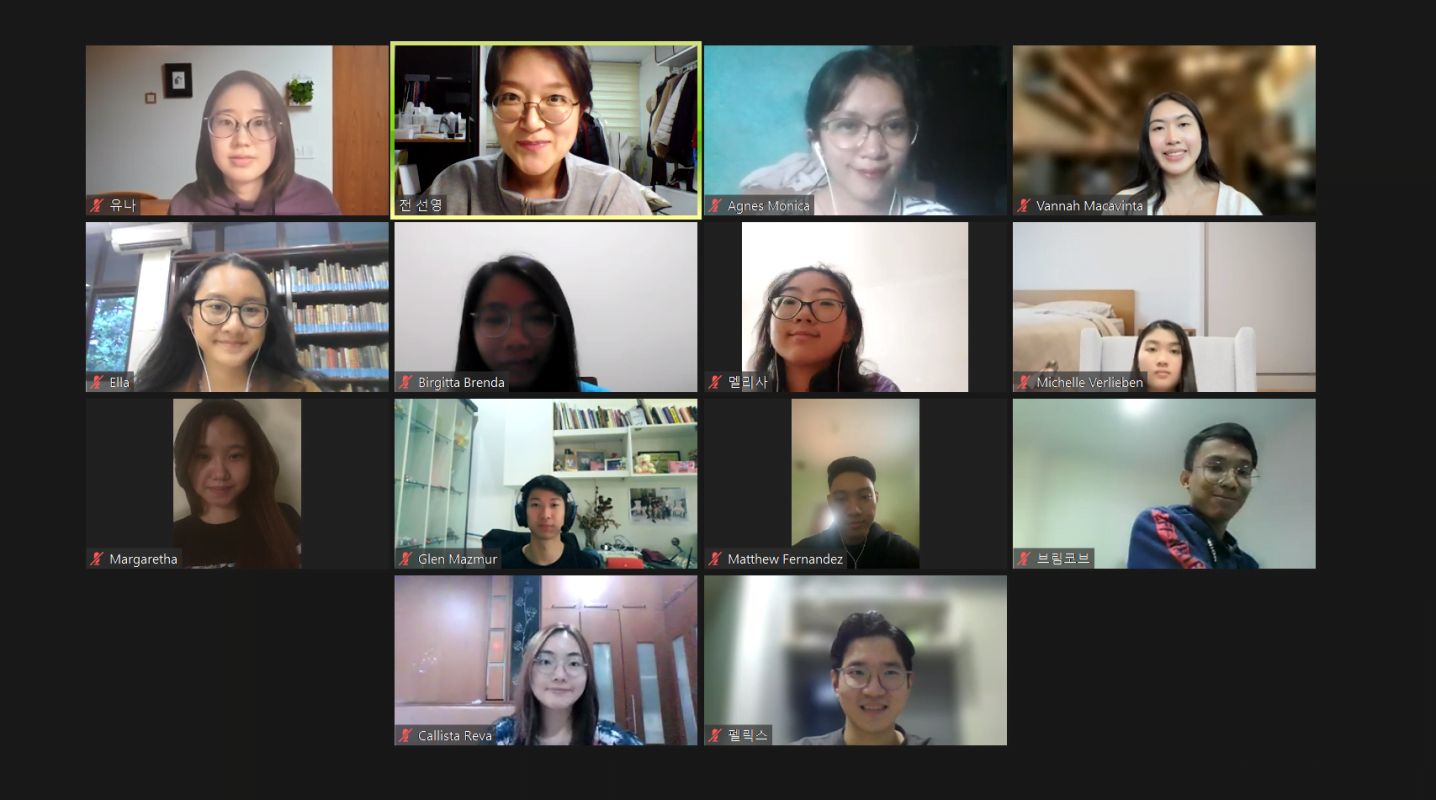As the world slowly moves forward and recovers from the damage caused by the pandemic-induced global halt, the Association of Christian Universities and Colleges in Asia (ACUCA), through the support of the United Board of Christian Higher Education in Asia (UBCHEA), has continued to take advantage of the established flexible learning set up to live by its goal of capacitating students with skills that will give them a head start in and outside the academe.
The ACUCA’s Micro Degree/Certificate Program launched its pilot courses over the summer of 2022. Upon completion, it was proven to be a great success; evidenced by high course completion rates and more students expressing their interest to enroll in future courses.
With such great feedback, ACUCA launched its 15-day Micro Degree/Certificate Program Winter courses from January 9 to February 18, 2023, with varying class periods. In addition to the language courses which were focal to the program’s pilot, the program has added three more courses namely Basic Python Programming, Social Entrepreneurship, and Strategic Family Business Management, the latter two being course pre-requisites to earn the Next Generation Strategic Family Business Management and Social Impact micro degree. The language courses have also been expanded with the addition of Korean Language 2 along with Korean Language 1 and Mandarin Chinese 1 in the roster of available language courses.
Python is a computer programming language that can be utilized in creating websites, software, data analysis etc. The Basic Python Programming course introduces the fundamentals of such programming language, serving as a gateway towards this complex yet a highly relevant career.
The Social Entrepreneurship courses offer students assistance and guidance in crafting startup businesses with goals to alleviate social issues and not just for profits alone. Meanwhile, Strategic Family Business Management as the name suggests focuses on modifying standard business management strategies used to address challenges and applying them to a family business enterprise setting.
Korean Language 1 and Mandarin Chinese 1 both offer beginners an introduction to the alphabet used in each respective language, basic vocabulary, grammar, and common phrases. On the other hand, Korean Language 2 is a more advanced class catered to students that have established fundamental knowledge of Hangul.
Among the Winter courses offered, Korean Language 2 had the greatest number of completers with 29 students. This is followed by the Korean Language 1 with 27, Mandarin Chinese 1 with 24, Basic Python Programming with 15, Strategic Family Business Management with eight, and Social Entrepreneurship with seven. However, only three students earned a micro degree in Next Generation Strategic Family Business Management and Social Impact as only three completed the degree prerequisites. Those who did not meet the micro degree requirements but completed courses still received certificates for passing the relevant courses. In total, the Micro Degree/Certificate Program Winter courses had a whooping 113 student completers.
Students who enrolled in the program came from diverse backgrounds. There were Indonesian enrollees from Atma Jaya Catholic University, Universitas Kristen Krida Wacana, Universitas Kristen Indonesia, Sanata Dharma University, Soegijapranata Catholic University, and Universitas Dhyana Pura. There were also Filipinos hailing from Silliman University and De La Salle University. Lady Doak College in India was also well represented. The same goes for Doshisha University in Japan and Chung Yuan Christian University in Taiwan. This not only gives the students an opportunity to learn in-demand skills but also an avenue to socialize, bond, and learn from people from different cultures.
Challenges are inevitable but if there’s one thing to learn from the pandemic, it is that humanity has the capacity to overcome challenges and adapt through mutual collaboration.

